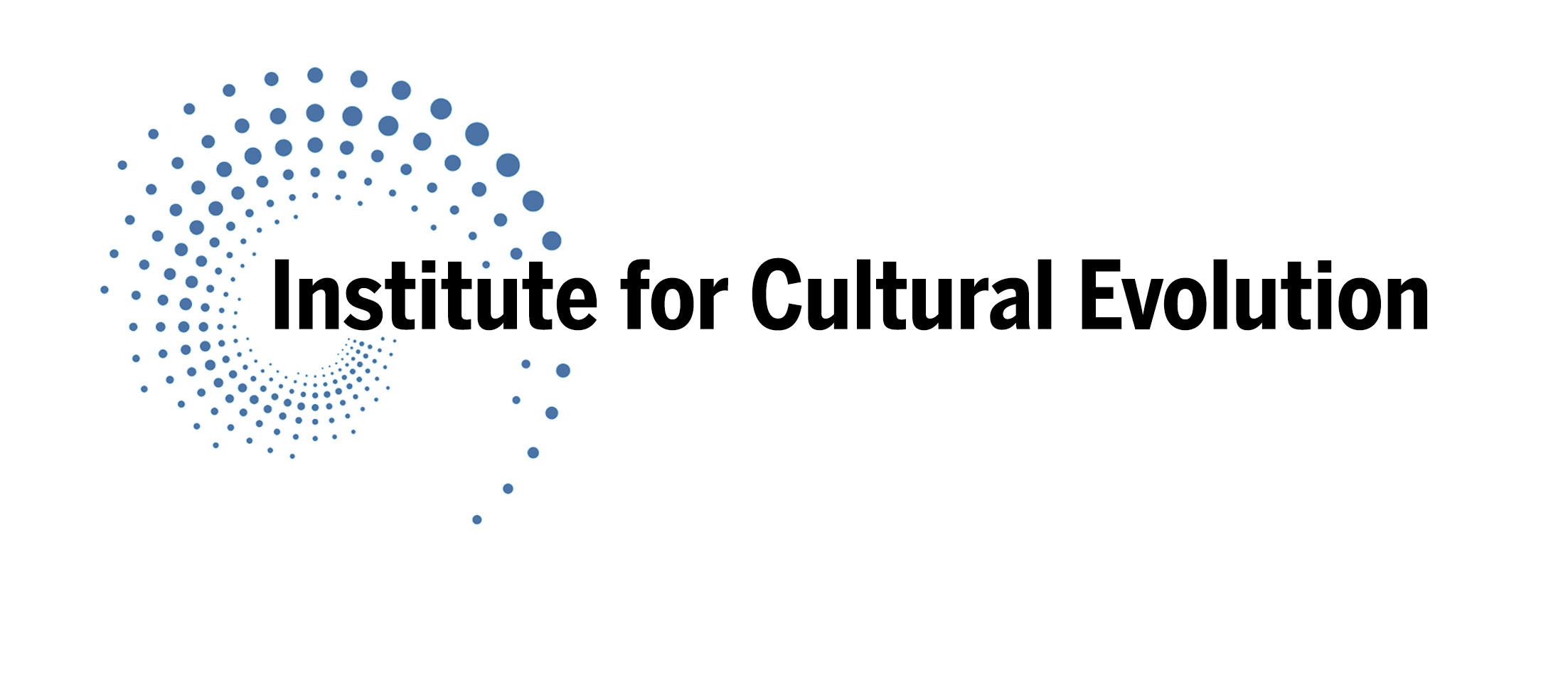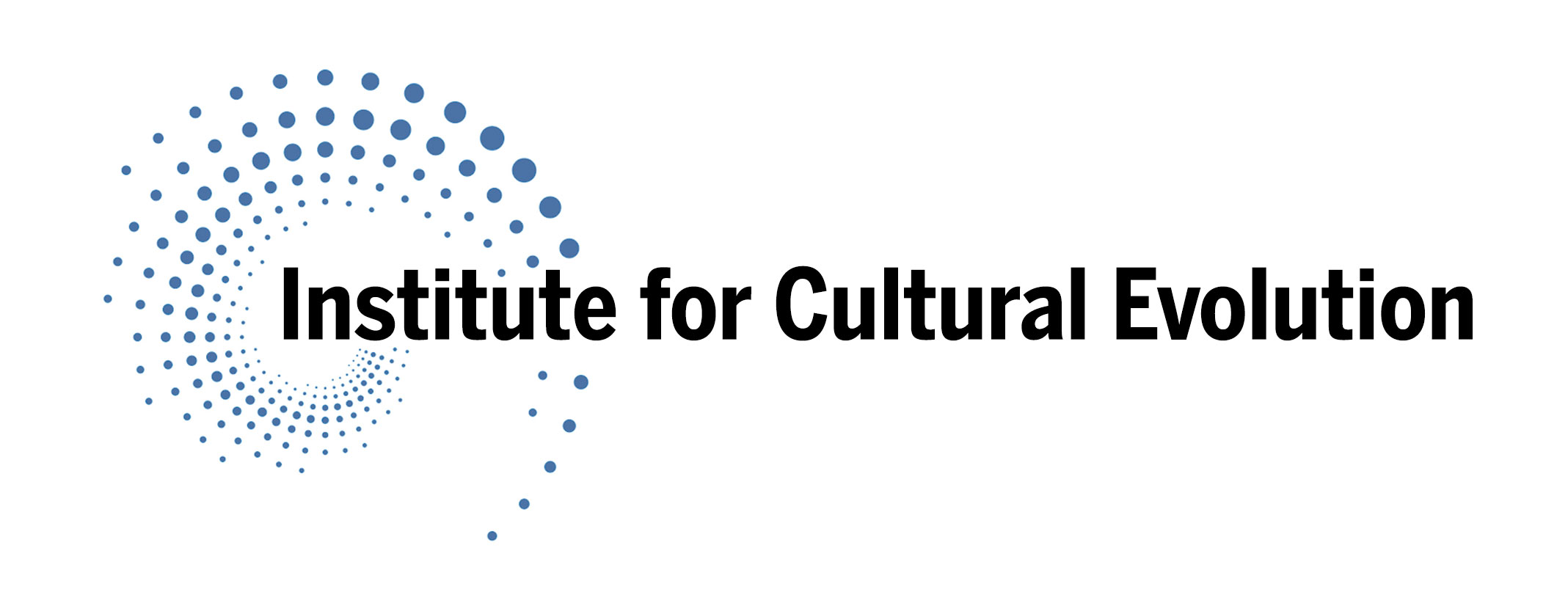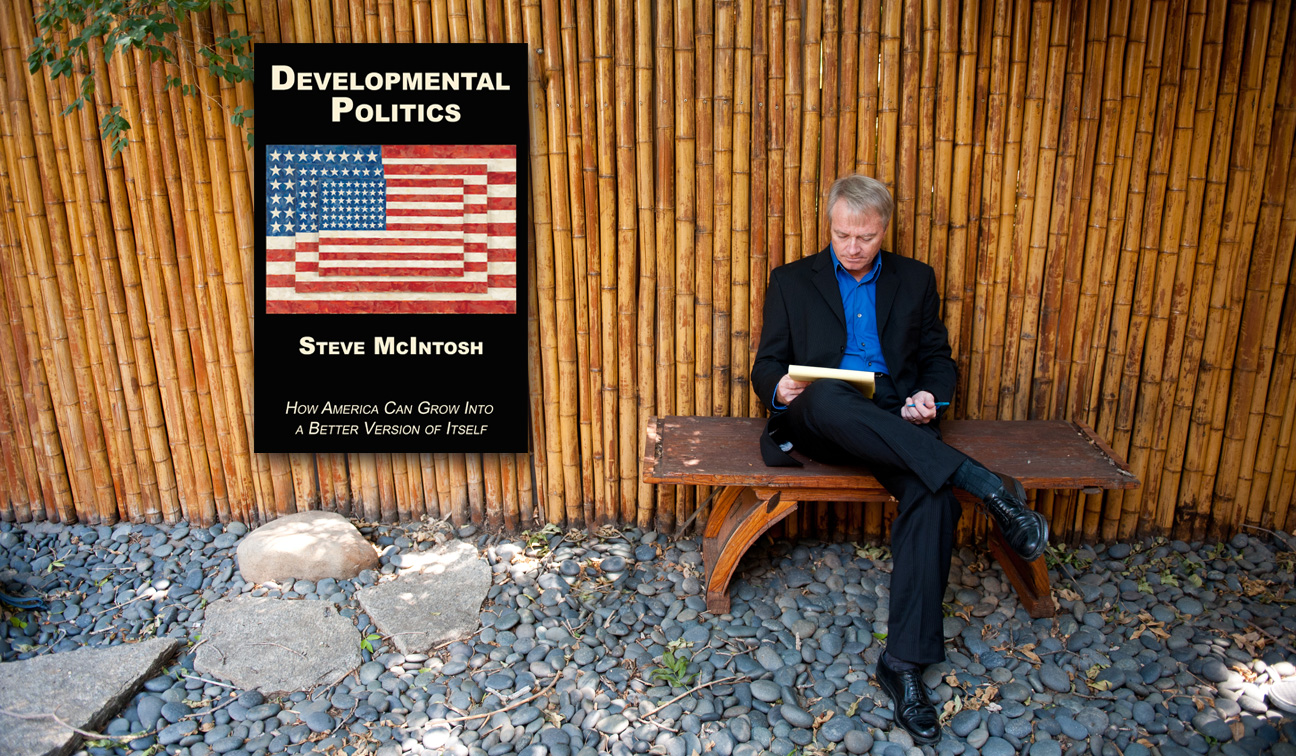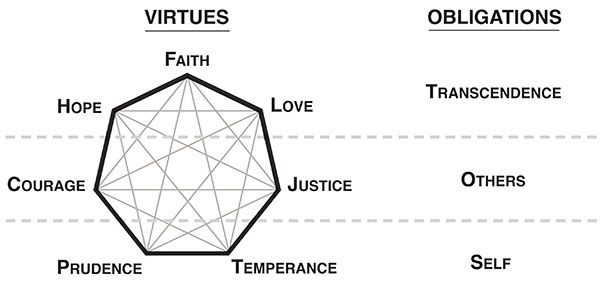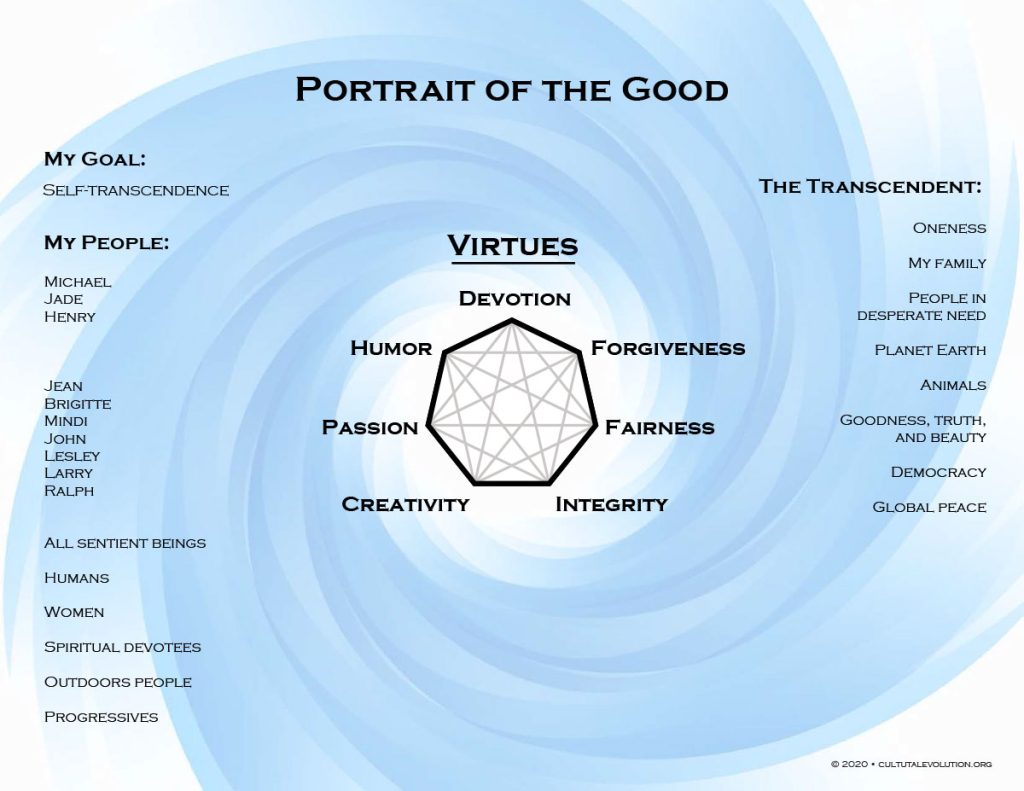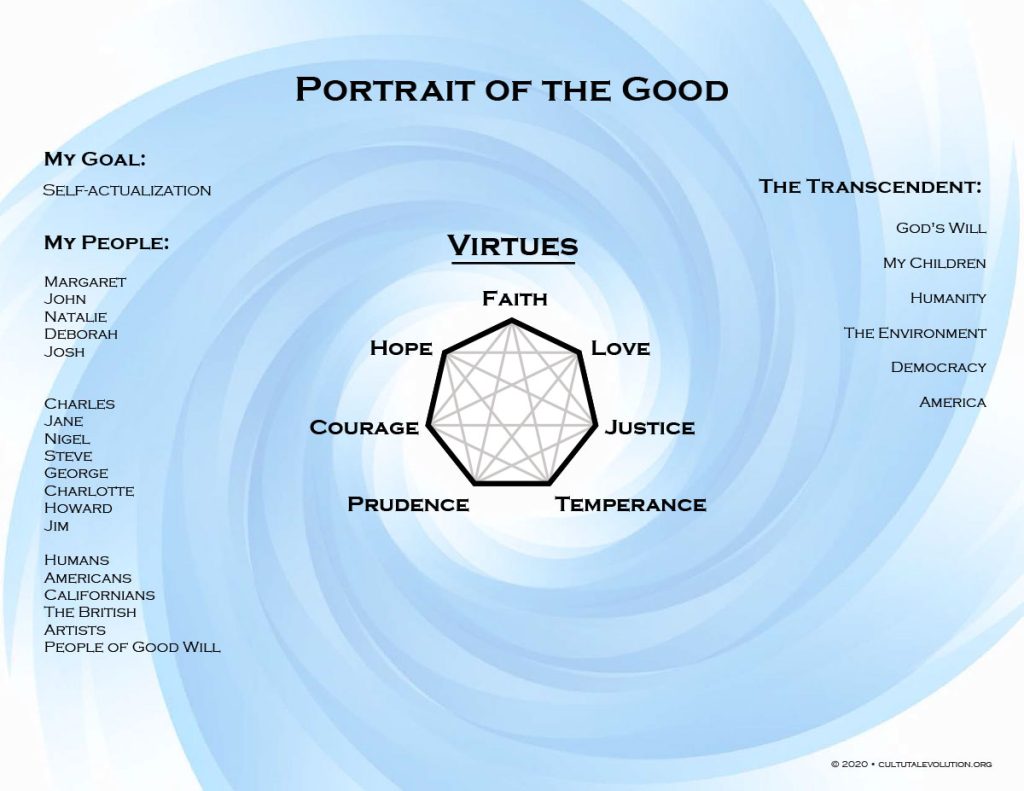In anticipation of the publication of my forthcoming book, Developmental Politics, I’ve posted 16 pages of excerpts from the book (close to 9,000 words) on this website. These excerpts include 7 pages from “Part I: Toward a Politics of Culture,” and 9 pages from “Part II: Toward a New Philosophy of Purpose and Progress.”
Part I of the book is a relatively easy read. The first three chapters provide a narrative description of cultural evolution in America, which tells the story of how American culture became “stretched out” to the point of being nearly ungovernable. Then in chapter 4 I introduce a method for overcoming our debilitating hyperpolarization. The excerpts from Part I include the Preface, which explains the goal of the book and tells the story of how I came to write it. Also excerpted is the beginning of chapter 4, which describes why conventional proposals for overcoming hyperpolariztion have failed and why we need to focus on the conflicting values that divide us. As I write, “Overcoming our political impasse will not be accomplished by a better process; we must address the actual content of our disagreements, which are ultimately about values.”
The other 9 pages of excerpts are from Part II, which describes the political philosophy behind this new approach to politics. Here my excerpted selections focus on the idea of transcendence. “Transcendence” or “the transcendent” generally refers to the people and things that are ultimately more important than the self, or one’s perceived self-interest. For example, notions of the transcendent can include: family, humanity, one’s country, the environment, God, Oneness, animals, freedom, adventure, art, science, a better world, or any worthy “higher purpose.” The excerpt from chapter 6, entitled “The Political Significance of Transcendence,” as well as the excerpt from chapter 9, entitled “Progress and Transcendence,” help unpack this important concept.
Here are links to the 5 excerpted sections:
Reaching Political Agreement Through Values Integration: 4 page excerpt from Chapter 4
Evolving Our Understanding of the Good: 2 page excerpt from Chapter 5
Harnessing the Energy of Value: 4 page excerpt from Chapter 6
A Transcendent Vision of Progress: 3 page excerpt from Chapter 9
Developmental Politics will be published on March 1st and is now available for preorder on Amazon.

